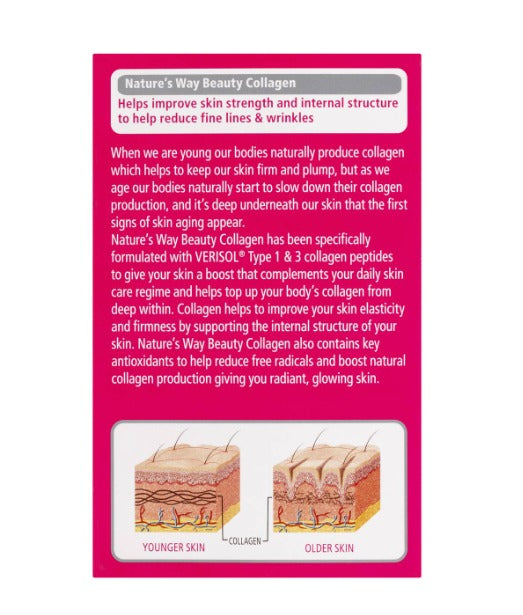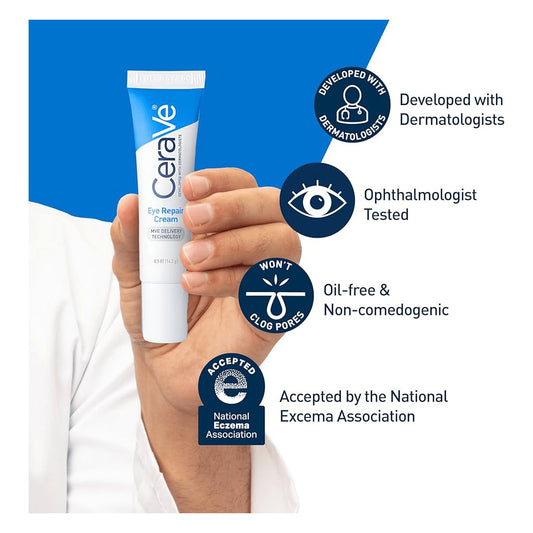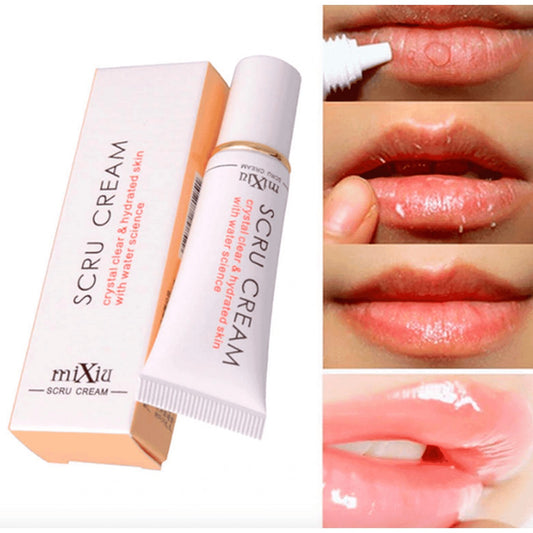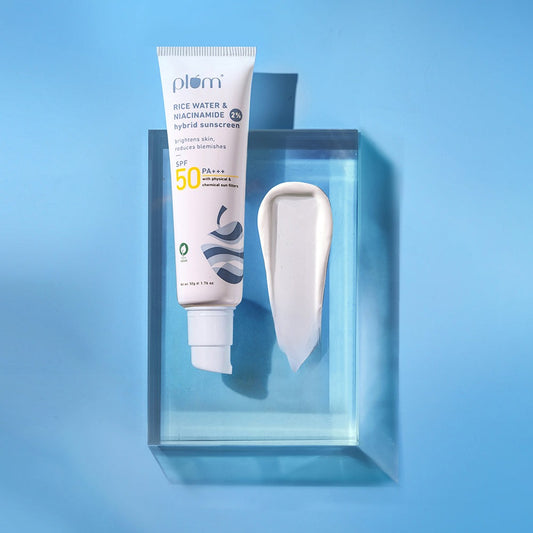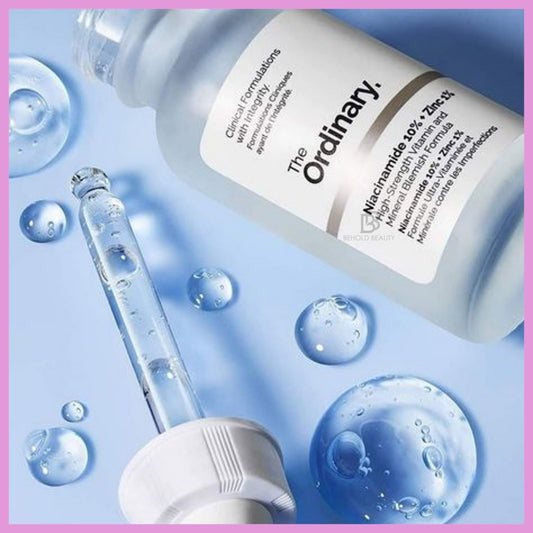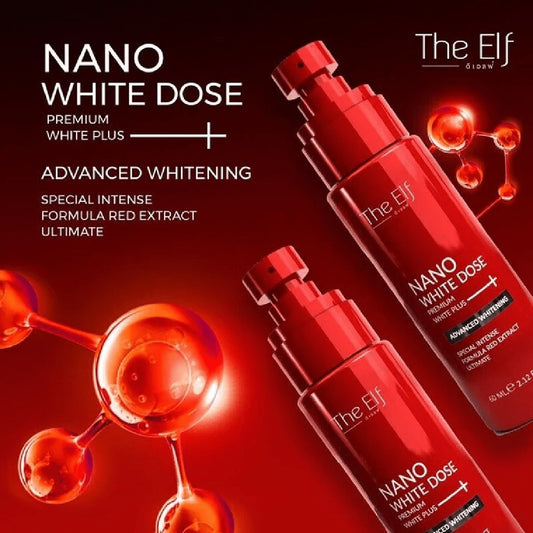Why SPF is the Only Skincare Step You Can’t Skip
Skincare enthusiasts, we need to talk. You might have a 10-step routine with serums, creams, and masks, but are you using SPF every single day? If not, your skin is missing its most essential form of protection.
Sunscreen isn’t just for sunny beach days or hiking trips. It’s a daily must-have—rain or shine. Why? Because SPF acts like a shield, protecting your skin from the harmful effects of ultraviolet (UV) rays, which can lead to everything from premature aging to deadly diseases like skin cancer.
This blog breaks down why SPF is the ultimate game-changer for your skin, how it works, and the best practices for incorporating it into your beauty routine.
By the end, you’ll wonder how you ever went a day without it!
What Exactly Is SPF?
Before we dig into the importance of SPF, let’s clear up what it actually means.
SPF stands for Sun Protection Factor. It measures how well a sunscreen can protect your skin from UVB rays, which are the primary culprits behind sunburn and skin cancer. For example, an SPF 30 blocks about 97% of UVB rays, while SPF 50 increases that protection to 98%. No sunscreen can block 100%, so you shouldn’t rely on SPF alone for sun safety.
There are two types of UV rays everyone should be aware of:
- UVB rays cause visible sunburn and skin cancer.
- UVA rays penetrate deeper, leading to premature skin aging like wrinkles, fine lines, and dark spots.
Thankfully, most modern sunscreens offer broad-spectrum protection, meaning they guard against both UVA and UVB rays. You’ll want to look for this term on your sunscreen’s label to make sure you get full coverage.
Why Daily SPF is Non-Negotiable
1. UV Rays Are Everywhere
Here’s a shocking fact—up to 80% of the sun's UV rays can pass through clouds. Even on gray, overcast days, your skin is exposed to harmful radiation. And don’t think that being indoors keeps you completely safe, either. UVA rays can penetrate windows. Yes, the rays creeping through your apartment window or car windshield are still harming your skin.
Every day without SPF is a day your skin absorbs damage, even if you don’t see it right away.
2. Protects Against Premature Aging
Dreaming of youthful, glowing skin well into your 50s? Then you need sunscreen now. UV exposure is the leading cause of premature aging, responsible for wrinkles, sagging, and those pesky dark spots.
Imagine your skin as a pristine piece of silk. With sun exposure, it begins to fray, wrinkle, and fade. SPF is your skin’s barrier, making sure it stays smooth and radiant for years to come.
3. Reduces Your Risk of Skin Cancer
Skin cancer is the most common form of cancer in the United States, with over 5 million cases diagnosed annually. Regular SPF use significantly reduces your risk by blocking UV rays from damaging your DNA.
Even better? Studies show that if you start wearing sunscreen every day in your 20s or 30s, you can prevent up to 80% of UV-related skin damage. That’s a life-changing statistic.
How to Choose the Right Sunscreen
Not all sunscreens are created equal, and finding the one that works best for you can feel overwhelming. Here are a few tips to make it easier:
Look for Broad-Spectrum Protection
Always, always choose a sunscreen labeled “broad-spectrum.” This ensures protection against both UVA and UVB rays.
Pick the Right SPF Level
For everyday use, a sunscreen with SPF 30 or higher is recommended. If you spend extended periods outdoors, go for SPF 50 or more.
Consider Your Skin Type
- Sensitive Skin: Look for mineral-based sunscreens with zinc oxide or titanium dioxide. These are gentler and less likely to cause irritation.
- Oily or Acne-Prone Skin: Opt for lightweight, non-comedogenic formulas that won’t clog your pores.
- Dry Skin: Choose moisturizing sunscreens enriched with hydration-boosting ingredients like hyaluronic acid or ceramides.
Try Multifunctional Products
Want to simplify your routine? Look for moisturizers or foundations with added SPF. They’re especially convenient for busy mornings. Just remember that layering additional SPF products can help boost your protection.
Best Practices for Everyday SPF Use
- Apply Generously
Most people use only a quarter of the sunscreen they actually need. Dermatologists recommend a nickel-sized amount for your face and about two tablespoons for your body.
- Reapply Throughout the Day
Sunscreen isn’t a once-and-done deal. For continuous protection, reapply every two hours, especially if you’re sweating or spending time outdoors. Pro-tip? Keep a travel-sized sunscreen in your bag or use a SPF spray for easy touch-ups.
- Don’t Forget “Forgotten” Areas
We’re talking about your neck, ears, scalp, and even the tops of your feet. These areas are often neglected but just as exposed to UV dangers.
- Wear It Rain or Shine
Cloudy day? Snowy day? Hot, humid summer day? SPF always goes on. Period.
Busting SPF Myths
“I Don’t Burn, I Don’t Need Sunscreen”
False. Just because you don’t see visible sunburn doesn’t mean your skin isn’t absorbing harmful UV rays. Damage can be invisible but still cause long-term issues like wrinkles or skin cancer.
“Dark Skin Doesn’t Need Sunscreen”
Also false. While melanin offers some natural protection (equivalent to SPF 13), it isn’t foolproof. Darker skin tones are also at risk for wrinkles, hyperpigmentation, and skin cancer.
“Sunscreen is Bad for the Environment”
Not true—if you choose reef-safe formulas. Look for sunscreens free from oxybenzone and octinoxate to protect marine ecosystems.
Love Your Skin, Start Today
Treating your skin well isn’t just about aesthetics—it’s about safeguarding your health. SPF is the easiest, most effective step you can take in your skincare routine. Rain or shine, it’s your best defense against UV damage, premature aging, and skin cancer.
If you’re unsure where to start, head to your nearest skincare store and ask for samples to test different formulas until you find your perfect match. Your future self will thank you!
Want to learn more about building the ultimate skincare routine? Follow our blog for expert tips to keep your skin glowing year-round!

